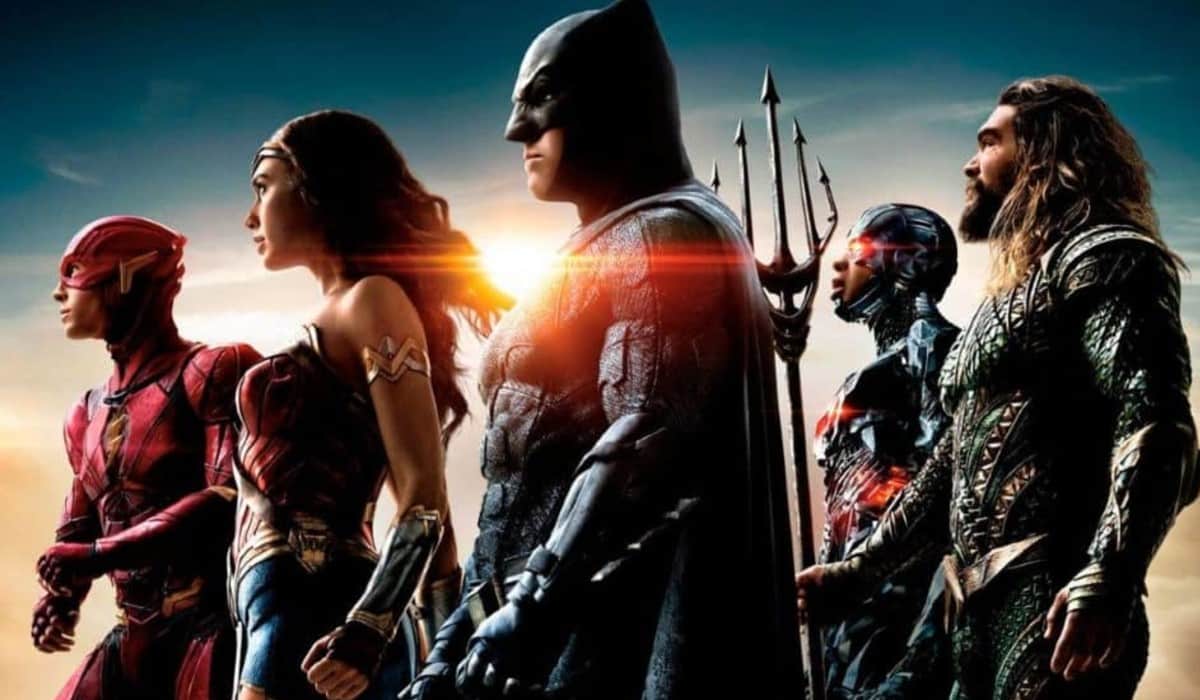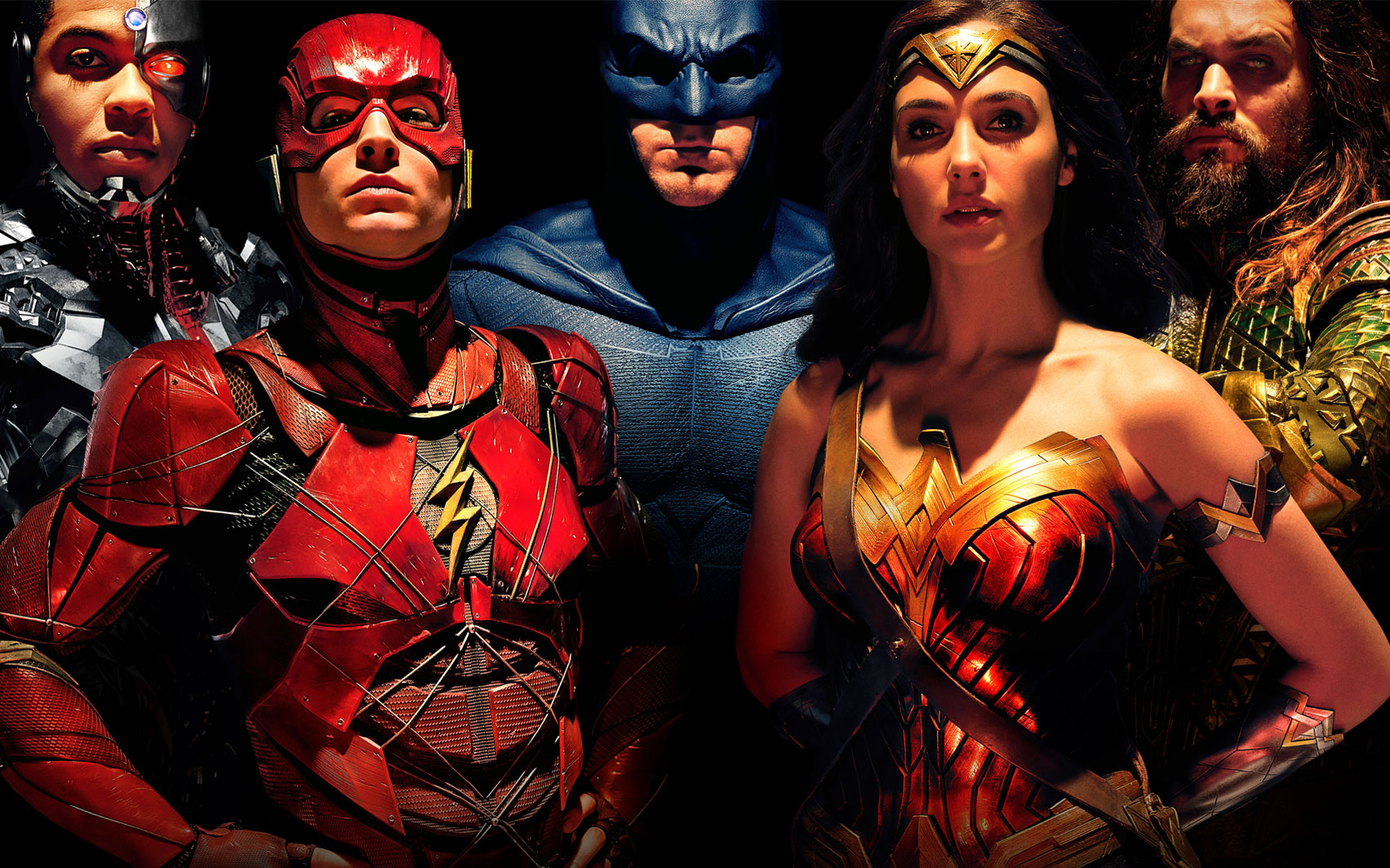Zack Snyder’s Justice League
by George Wolf
No matter what you thought of Justice League 1.0, the mere arrival of this “Snyder Cut” is fascinating on multiple levels.
It’s more than the Everest of fan service. There just isn’t any way Snyder’s DCEU epic – this version of it anyway – would exist without the Snyder/Whedon mashup mess of 2017.
It’s four freaking hours, people! You think Snyder’s gonna get that (and the extra millions for reshoots) without the whole hashtag campaign? But while the extended time and money giveth, they also taketh away, meaning that first JL debacle can take some ironic credit for all that’s better – and worse – about round two.
But it is indeed better.
More than anything, it’s a singular vision. The first was nothing if not a super-sized compromise, but this is Snyder unbound, no compromises. The 4:3 format is enriched with greatly improved CGI, specifically the “armor of scales” appearance of Steppenwolf (voiced by Ciaran Hinds), the underwater depths of Atlantis and the complete absence of Superman’s (Henry Cavill, again a perfect Clark Kent) distractingly altered upper lip.
The character development – as you would hope with this run time – is much more satisfying, especially with the two justice leaguers we know the least: Flash (Ezra Miller) and Cyborg (Ray Fisher).
And while truly important moments (Superman’s death and rebirth, for example) get the extra time they need to resonate, Snyder can still linger too long (those mini music videos, ugh) when he could be moving on.
Ben Affleck reminds you he’s a fine grizzled Batman, Gal Gadot’s Wonder Woman gets more badass moments and fewer leering camera angels, and at its core, the basic plot remains the same. Steppenwolf is seeking to unite the three “mother boxes” that will conquer another world for his master Darkseid (voiced by Ray Porter). But with the nurturing of return characters and the welcome appearance of new ones (like Darkseid), the chaptered storytelling feels more natural and complete.
Yes it is dark and brooding, and this League may hold the mother lode of daddy issues, but it never becomes tedious. And while you can’t quite call it fun, it is super, and heroic, and sometimes thrilling.
The stinger (actually an epilogue)? It’s a humdinger (nothing rhymes with epilogue), one that will more than satisfy the die hards while setting a major hook for more justice, darkly served.


